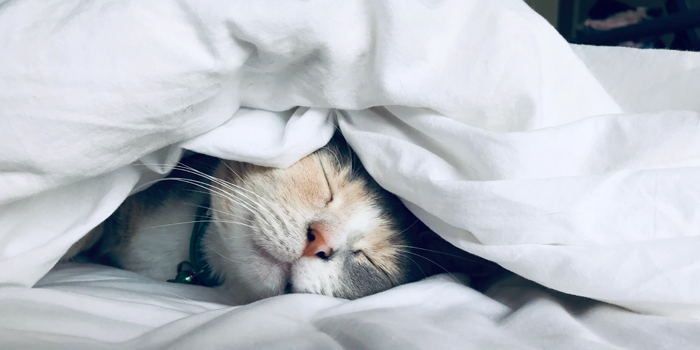No products in the cart.
Uncategorized
3 Ways Seniors Can Have Better Sleep
Older adults often become early risers. However, rather than having the urge to wake up early and get out of bed, the reason for this is often that older adults struggle to get a full night’s rest. Just like younger adults, seniors need seven to nine hours of sleep a night; unfortunately, many of them struggle to get this rest.
As we grow older, it is common to start experiencing trouble with sleep, or even to exhibit symptoms of insomnia. If you or an older relative you are caring for is suffering from poor sleep, there are some simple changes that can be made to positively impact the quality or quantity of sleep. The following changes may help you or your loved one achieve the necessary amount of sleep each night.
1. Wind Down Before Bed Time
For older adults, there are a number of possible causes of insomnia. One of the most common is a lack of a regular bedtime routine. Having a regular bedtime routine can help to relax us and increase our ability to sleep. As such, one of the key things we can do to improve our sleep is to put a bedtime routine in place. This routine will relax the mind and signal to the body that it is time to start winding down for the day, which allows us to fall to sleep more easily.
The specific routine to follow should be unique to each individual and their preferences. However, it should incorporate calming activities that make us feel relaxed and sleepy. Some examples of activities to include in our bedtime routine are as follows:
- Meditation
- Taking a warm bath
- Drinking a herbal calming tea
- Reading a book, instead of spending time watching TV or looking at a mobile phone or tablet
- Listening to relaxing music or sounds, or even white noise
- Taking a warm bath or shower
- Placing a diffuser near the bed with calming essential oils.
2. Lead a Healthy Lifestyle
The way we live our lives during the day can have a significant impact on our ability to fall asleep at night. First, eating a healthy and well-balanced diet can help to improve sleep. Avoid stimulants, sugars, and refined carbohydrates later in the evening and at night as this can help to regulate energy levels in the body so that we don’t experience a spike in energy before bed. In addition, having a healthy, balanced diet can also reduce digestive issues, which can also be a cause of sleep issues. Exercising regularly is another way to help improve sleep long-term. As such, it’s important to try to stay active. In order to stay healthy, older adults should do both aerobic and muscle-strengthening activity each week.
Remember that once you incorporate these changes into your lifestyle, you may not see the effect on your sleep right away. Take a few weeks with your new habits and routines and then see how they have impacted your sleep. It is likely that you will see an improvement in this time; however, if you are still having trouble sleeping after implementing these changes, it may be necessary to speak to your doctor. In some cases, sleep problems can be a result of an underlying illness, so medical help may be necessary. If that’s not the case, your doctor may still be useful in being able to provide other advice and suggestions that could help.
3. Invest in a Good Mattress
If you find that you are tossing and turning throughout the night, or that you often wake up with aches and pains, your mattress may be the cause. Mattresses should be replaced every 8 to 10 years, so if you are using an old mattress, it may be time to update it. Even if your mattress is new, it can significantly impact your sleep if it is not the right type for your sleep style and comfort level. For example, someone who commonly experiences back pain should use a mattress that supports their neck and spine so that they are comfortable through the night.
If you are suffering from poor sleep, rest assured there will be an effective solution. The same goes for a loved one in your care. While medical help may be necessary longer term, you can also try the above solutions to improve your overall quality and quantity of sleep.
For more information on this article, or the other services that we provide, don’t hesitate to get in touch with Brain Sparks. You may consider joining our Ageing and Dementia Support Network Group aligned with the BrainSparks – Connections Facebook page to take part in our movement programs online.


